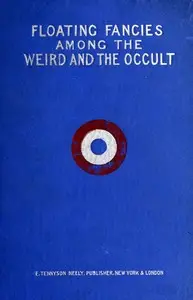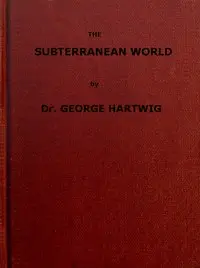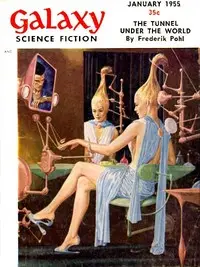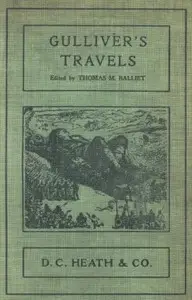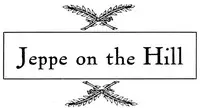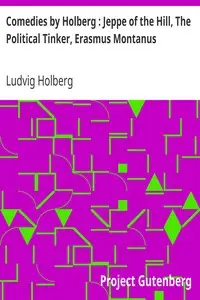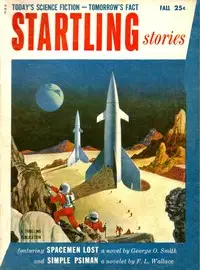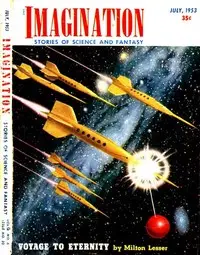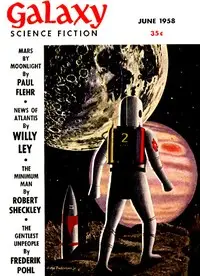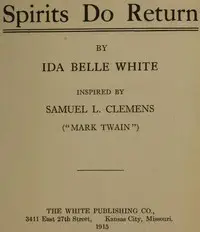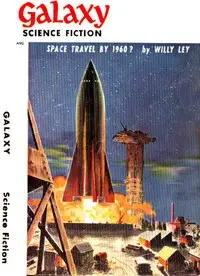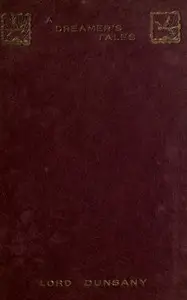"Niels Klim's Journey Under the Ground" by Ludvig Holberg is a satirical tale from the 1700s that follows Niels Klim’s unbelievable plunge into the world of Nazar, an underground land filled with bizarre creatures. Driven by curiosity and a thirst for knowledge, Klim enters a cave and plummets into an extraordinary realm where strange animals and talking trees possess their own unique societies and philosophies. As Klim travels through this strange place, the book playfully examines human behavior and traditional beliefs while sparking witty conversations about right and wrong in societies vastly different from his own.
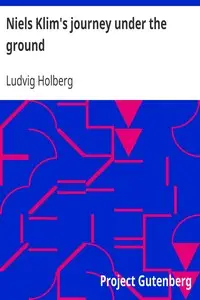
Niels Klim's journey under the ground being a narrative of his wonderful descent to the subterranean lands; together with an account of the sensible animals and trees inhabiting the planet Nazar and the firmament.
By Ludvig Holberg
When a curious young man falls into an abyss, he discovers a world where the trees speak and the animals possess human-like intelligence, leading him on a mind-bending adventure.
Summary
About the AuthorLudvig Holberg, Baron of Holberg was a writer, essayist, philosopher, historian and playwright born in Bergen, Norway, during the time of the Dano–Norwegian dual monarchy. He was influenced by Humanism, the Enlightenment and the Baroque. Holberg is considered the founder of modern Danish and Norwegian literature. He was also a prominent Neo-Latin author, known across Europe for his writing. He is best known for the comedies he wrote in 1722–1723 for the Lille Grønnegade Theatre in Copenhagen. Holberg's works about natural and common law were widely read by many Danish law students over two hundred years, from 1736 to 1936.
Ludvig Holberg, Baron of Holberg was a writer, essayist, philosopher, historian and playwright born in Bergen, Norway, during the time of the Dano–Norwegian dual monarchy. He was influenced by Humanism, the Enlightenment and the Baroque. Holberg is considered the founder of modern Danish and Norwegian literature. He was also a prominent Neo-Latin author, known across Europe for his writing. He is best known for the comedies he wrote in 1722–1723 for the Lille Grønnegade Theatre in Copenhagen. Holberg's works about natural and common law were widely read by many Danish law students over two hundred years, from 1736 to 1936.


